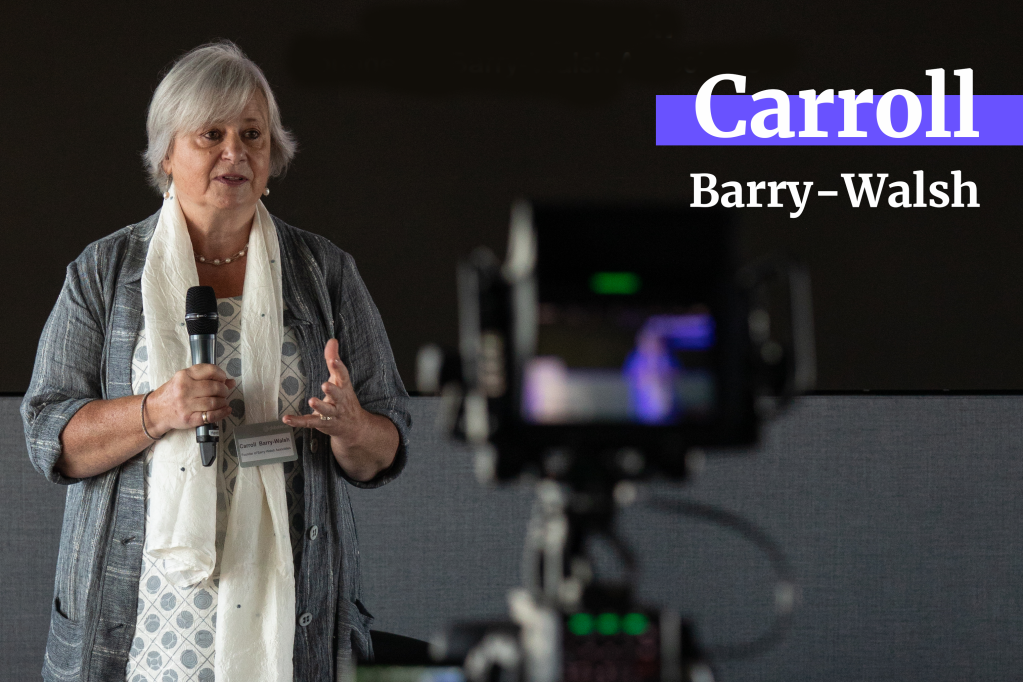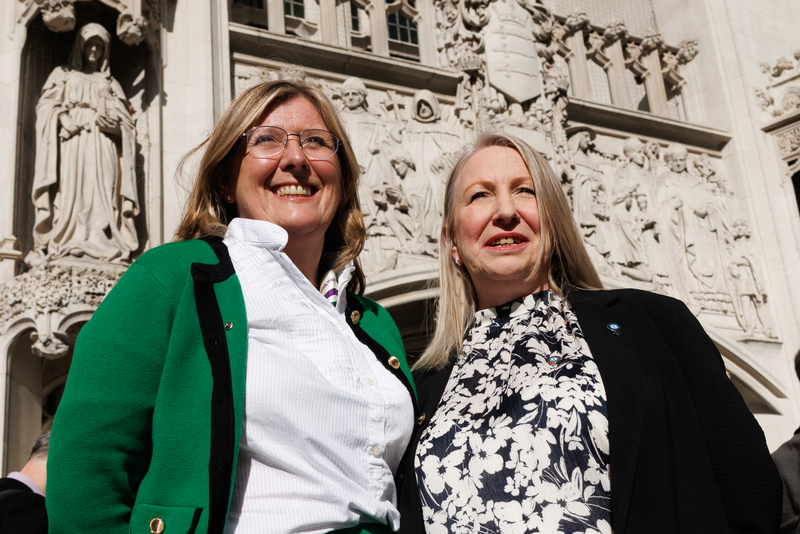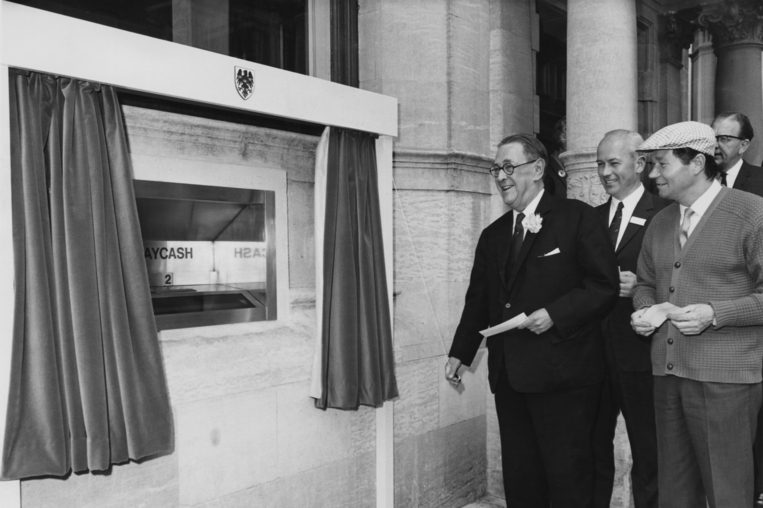The Historic England blue plaque on the front of the Enfield branch of Barclays Bank reads LIVES MADE MUCH EASIER. It celebrates the world’s first cashpoint, unveiled on June 27, 1967. Pure coincidence, of course, that a FCA Dear CEO letter entitled FCA priorities for payments portfolio firms, containing the line “We have seen weaknesses in some firms’ technological resilience” landed just a few days after an IT outage at Barclays, which started on the last Friday of January.
It’s doubtful Barclays were uppermost in the FCA’s thinking when issuing the letter, but lives were not made much easier over the few days of the outage.
Reg Varney, from the vintage UK TV sitcom On the Buses, carried out the unveiling duties of the new cashpoint and was therefore credited with being the first person to use one. Barclays Bank was doing its bit to forge Britain into what the Prime Minister of the day, Harold Wilson, hoped would be the new technological age that would lead to economic growth.
While it would be fair to say On The Buses didn’t represent any sort of British cultural highpoint, the Automatic Teller Machine (ATM) has proved far more successful, with over three million estimated to be in operation worldwide. Competition drives innovation and innovation drives growth. This was relevant 58 years ago and is recognisable and relevant within the FCA’s Dear CEO letter, which aligns with this Government’s growth agenda, as well as the need to protect consumers and market integrity.
Drive for growth
Growth, consumer protection, and market integrity aren’t always good friends, and perhaps that’s always been the case. From the early adopters of the printing press, which could create more books, more cheaply and increased the sharing of knowledge, but was also used to spread ideas, which led to revolts and wars, to latter day Amazon, which made buying goods oh so easy, but has been criticised for its tax structures and anti-competitive business practices.
Closer to the regulatory world we live in, last year’s Starling Bank fine pulls this into sharp focus. The UK’s 2020 National Risk Assessment of Money Laundering and Terrorist Financing raised the risk that criminals may be attracted to the fast on-boarding process that challenger banks offered, particularly when setting up money mule accounts.
Starling Bank’s drive for growth, through increased customer numbers, created a near frictionless customer on-boarding experience, but in doing so basic hygiene factors were a distant secondary consideration; only screening customers against a fraction of the full list of those subject to financial sanctions and not testing and calibrating its screening systems. Augmenting their difficulties, appeared to be a lack of experience from senior management as to their regulatory responsibilities.
Innovating and looking after customer interests should go hand in hand.
FCA expectations
The FCA letter lays out to CEOs three outcomes expected of their respective firms. The first outcome reiterates the regulators’ support for innovation in the interest of consumers and markets, but also highlights the results of their recent multi-firm work, identifying that a significant proportion of firms had more to do in implementing the Consumer Duty requirements.
In the second outcome, the FCA letter highlights the need to enhance financial system integrity in the payments sector, by focusing on financial crime and operational resilience; the latter with a looming March 2025 deadline, signalling the end of the transition period. The third outcome focuses on safeguarding customers’ funds.
As highlighted within an earlier consultation paper on proposed changes to safeguarding rules, the number of consumers using e-money accounts as their main day-to-day transactional accounts is consistently growing, but there is a concern that safeguarding is not always robustly performed across payment firms, and therefore customer money may not always be safe if these firms fail.

Photo: B. Marshall/Fox Photos/Getty Images
Balancing act
The technological advancements that make processes more efficient, easier for customers to use, faster and cleaner, also need to adhere to regulatory requirements. This, however, can represent a significant challenge for both the new entrants, which may have started as an entrepreneur’s great idea, but has sometimes meant regulatory compliance needed to be retro-fitted in, to the incumbent financial institutions, which may be grappling with legacy systems. Innovating and looking after customer interests should go hand in hand, but fraud, data breaches, outages, and a lack of consideration for vulnerable customers can quickly erode customer trust, particularly when amplified through social media.
Barclays Bank worked hard to reassure customers, promising to compensate them for any losses incurred, keeping their call centers open for longer over the weekend and proactively contacting customers who may be vulnerable. Regardless, by accident, the FCA’s letter looks well timed and the importance of its contents requires careful consideration by all payment firms. There are a lot of priorities to balance.
Gary Watson is the director of Clarionet Consulting. He is a former head of compliance and MLRO, with extensive FCA SMF 16 and SMF17 experience.

















